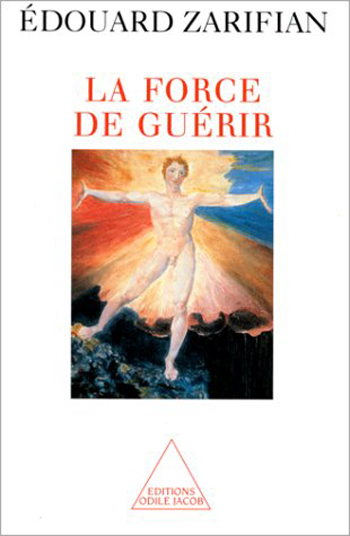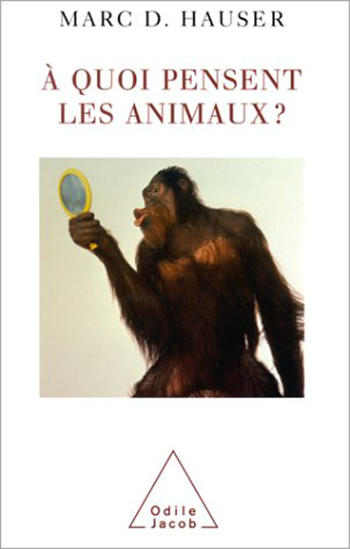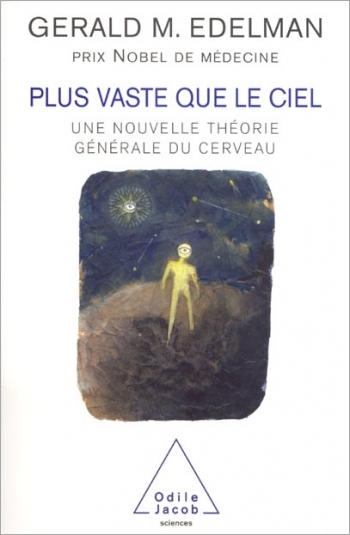Catalog All books

Édouard Zarifian
The Will to Be Cured
Here is the most anachronistic and conservative book that could be written on medicine. Here I defend an idea which is too often forgotten, even if it is at the base of all practical medicine that no treatment can be really whole if the patient, those close to him, and his doctor dont establish a special relationship based on trust. Compassion, understanding of suffering and devotion all have a place in the therapeutic relationship. How should we best care for the sick? Why heal? Its a lost word that I propose here to recover. Édouard Zarifian is a professor of psychiatry and medical psychology at the University of Caen.

Boris Cyrulnik
Wild Paradises, Heroic Joy
A breath of fresh air from a talented writer who brings a courageous and exacting vision to these troubled times.

Marc D. Hauser
Wild Minds: What Animals Really Think
A slender loris comes up to a zoo keeper and hugs him. A dog lowers its head and whines when its master is unhappy. Is such behaviour a sign of affection and empathy or are other mechanisms at work, to explain the animals near-human behaviour? Why do chimps and dolphins form coalitions to defend themselves? How do lions determine, from far away, the number of gazelles calmly watering by a stream? How is it that a few species can recognise their own image in a mirror? Marc D. Hauser is a professor of psychology and neuroscience at Harvard University, where he is a fellow of the Mind, Brain and Behavior Program. Besides performing laboratory research, he has done extensive fieldwork in Kenya, Uganda and Puerto Rico.

Gerald M. Edelman
Wider than the Sky
The brain is wider than the sky, For, put them side by side, The one the other will include With ease and you beside, wrote the American poet Emily Dickinson in the mid-nineteenth century. The fundamental mechanisms governing mental life are now the subject of scientific study. In this book, Gerald Edelman examines a major aspect of the mind - consciousness. How can the firing of neurons give rise to subjective sensations, thoughts and emotions? How can the disparate domains of mind and body be reconciled? A scientific explanation of consciousness must take into account the causal connections between these two domains. Such a theory must show how the neural bases of consciousness appeared during the evolutionary process and how certain animals developed consciousness. These are some of the key issues that Gerald Edelman examines here. He shows that consciousness cannot be located in a specific area of the brain, because it is a process linked to how the brain functions as a whole, to its wealth of connections and to its great complexity. The brain, he argues, is not a kind of computer. Edelman is regarded as one of the greatest theoreticians of the brain, and his notion of consciousness dominates all discussions on the subject among the international scientific community. This book offers the most accessible version of his theories that is available today. The winner of the 1972 Nobel Prize in Medicine, Gerald Edelman heads the Institute for Neurosciences, in La Jolla, California.

Martine Perez
Why Smoking Should Be Banned
A journalistic investigation by a health expert who brings to our attention the real — and imagined — health risks



